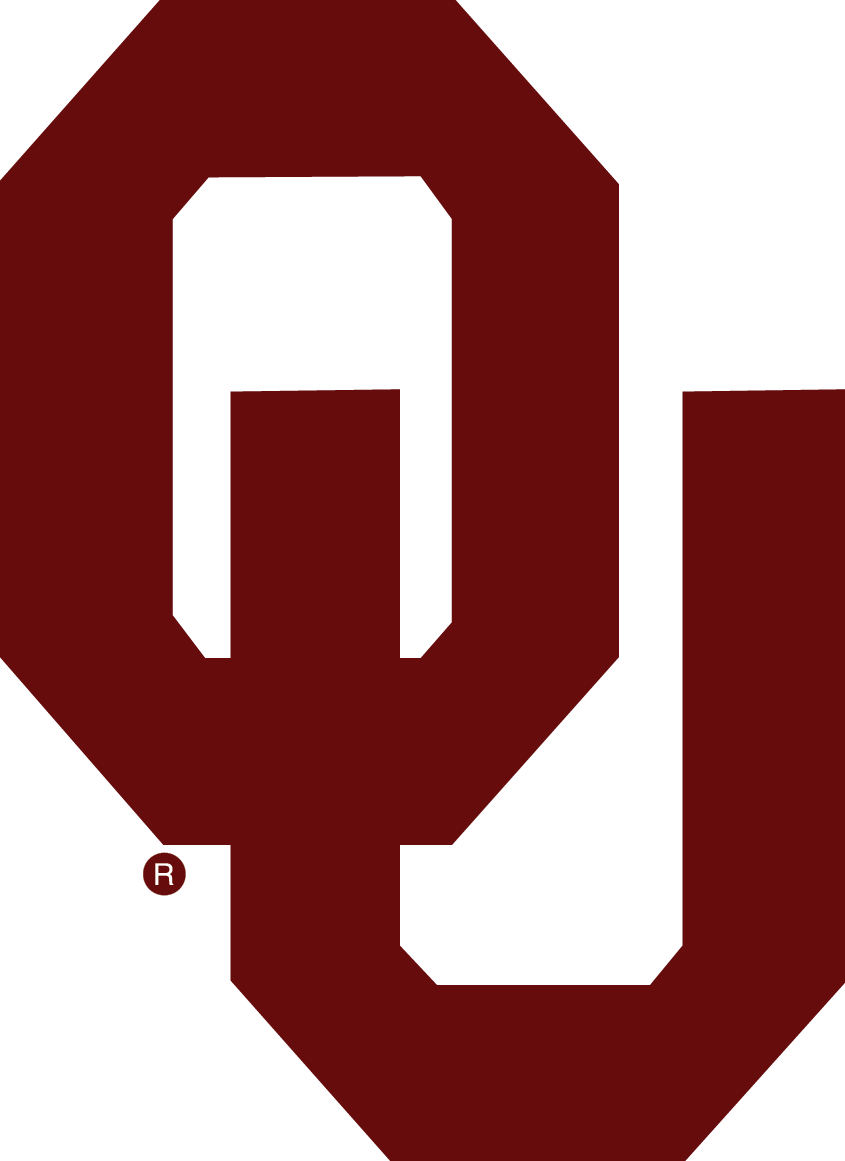No student may graduate from the College with less than an overall (2.0) “C” grade point average. A student may appeal any decision made by the Dean according to procedures and policies set forth by the Health Sciences Center guidelines.
The College of Dentistry uses the OUHSC grading system, based on the mastery of subject material. Students are made aware of the course expectations at the beginning of each course. Each syllabus lists the specific requirements for that course, as well as the grading scale upon which the grade is derived. The mastery of the subject material, or clinical accomplishments where applicable, will determine the grade the student earns.
The grading standards used by the College are as follows:
-
“A” for outstanding work that demonstrates exceptional mastery of course material.
-
“B” for good work which is clearly beyond simple mastery of the course material.
-
“C” for acceptable work indicating a mastery of basic concepts of a course.
-
“D” indicates that a student performed at a level that is below minimal competency levels established for that course. The deficiencies are limited enough that they are amenable to remediation. The course director recommends the specific requirements for remediation.
-
“F” indicates that a student performed at a level that is substantially below competency levels established for the course.
Note: students receiving a grade of "D" or "F" will be placed on academic probation for the following term and will be removed from probation the following term if successfully remediated.
An “I” grade is to be given only for an administratively excused absence for extenuating circumstances (i.e. personal illness or family tragedy). An "I" (Incomplete) grade signifies that due to extenuating circumstances the student has not achieved the minimal course objectives. The "I" grade can be removed by meeting criteria established by the instructor, after which an appropriate grade will be awarded. Normally, an "I" grade for a course, which is a pre-requisite to advancement, must be made up by the beginning of the next semester. The department chairperson and/or the course director can grant exceptions to this policy. An "I" grade for all other courses must be made up as soon as possible, but not later than the end of the next semester. An "I" not made up by the specified deadline will remain an "I" on the transcript permanently. Re-enrollment will be required to earn credit in the course.
“S” Satisfactory work “U” Unsatisfactory work
Some courses do not lend themselves to definitive letter grades, and these are graded according to the Satisfactory/Unsatisfactory grading system. An Unsatisfactory (U) is treated in the same manner as an "F" grade. "S" and "U" grades are not included in grade point average computations.
Non-passing Grades
The College of Dentistry does not consider the "D", "F", or "U" grade acceptable in terms of degree fulfillment. Both "D" and "F" grades counts toward overall GPA insofar as academic hours are recorded.
D/F Protocol
To satisfy degree requirements, all "D" grades must be remediated by enrolling in a special studies remediation course, the contents of which are determined by the course director. If the student satisfactorily completes the requirements for the special studies course, a grade of "S" will be recorded, the degree requirement will be deemed fulfilled, and the "D" grade remains. If the student does not satisfactorily complete the requirements, the remediation is not considered successful and the student receives a grade of Unsatisfactory (U) for the special studies course and must repeat the course in its entirety. This can result in the student repeating the year.
Didactic and preclinical courses in which an “F” grade is received must be re-taken and the student will be re-enrolled in the course. Both grades will appear on the transcript. The course director recommends a format by which the course may be re-taken, subject to approval of the Periodic Assessment Committee. This can result in the student repeating the year.
Clinical courses in which an “F” grade is received may either be remediated or re-taken as determined by the course director subject to approval of the Periodic Assessment Committee. Students re-taking a failed course are re-enrolled in the course for a second time. The “F” grade for the original course and the grade for the re-taken course both appear on the student’s academic record and are included in the grade point average calculation.

